One of the biggest concerns around cannabis legalization is stoned driving.
While it’s never a good idea to blaze up before getting behind the wheel, the public still needs more information.
For instance, how long after getting high should one wait before it is safe to drive?
And what about CBD? Is that an issue, or no?
A new landmark study published in the has begun to answer these questions.
The study, conducted in Australia, is the very first to measure the impact of CBD versus THC while driving.
“These findings indicate for the first time that CBD, when given without THC, does not affect a subject’s ability to drive. That’s great news for those using or considering treatment using CBD-based products,” says Dr. Thomas Arkell, the study’s lead author.
How the Study Was Conducted
The study’s design is quite simple, involving 26 adults, each given one of four different types of cannabis.
Just 40 minutes after vaping either THC-dominant cannabis, a mix of CBD and THC, CBD-dominant cannabis, or a placebo, participants went for a drive on the open highway in a dual control car with a driving instructor.
Participants then went for a second drive after four hours.
Results of the Study
The results of the study are as you might expect.
The drivers who consumed THC or the CBD-THC combo experienced mild impairment when getting behind the wheel 40 minutes after consuming.
On their second drive, four hours later, these participants experienced no observable impairment.
Meanwhile, the CBD and placebo subjects did not experience any impairment at all on either drive.
Why Are These Findings Important?
Even though alcohol is the greater threat to road safety, THC-impaired driving is a hot issue as more states and countries continue to legalize cannabis for adult use.
With no reliable way to measure cannabis-induced impairment, studies like this are an important step in gathering information and raising awareness.
This study reveals that while CBD driving seems to be okay, THC consumption via inhalation requires about four hours before it’s safe to get behind the wheel (a high-dose cannabis edible may require a longer wait time).
And of course, the researchers emphasized that more studies are needed.
“With cannabis laws changing globally, jurisdictions are grappling with the issue of cannabis-impaired driving,” Dr. Arkell noted.
“These results provide much needed insights into the magnitude and duration of impairment caused by different types of cannabis and can help to guide road-safety policy not just in Australia but around the world.”
This study is also somewhat helpful for the case against testing for potential THC intoxication vis blood sample – which is not a reliable method at all. THC can linger in the blood for days, long after the high has worn off. This can lead to false positives and unfair convictions, destroying lives and harming the cannabis movement even, all due to bad science (sound familiar?).
Another important consideration here is the fact that a lot of CBD products contain unknown amounts of THC because they are poorly made and haven’t been properly tested.
While this is beyond the parameters of the study, the last thing we need is a soccer mom dosing bad CBD before driving the kids to school (only to discover too late that her product contains high levels of THC).
Either way, stoned driving should never be encouraged.
Are you still missing out on The Bluntness newsletter? Sign Up today to stay in the loop.


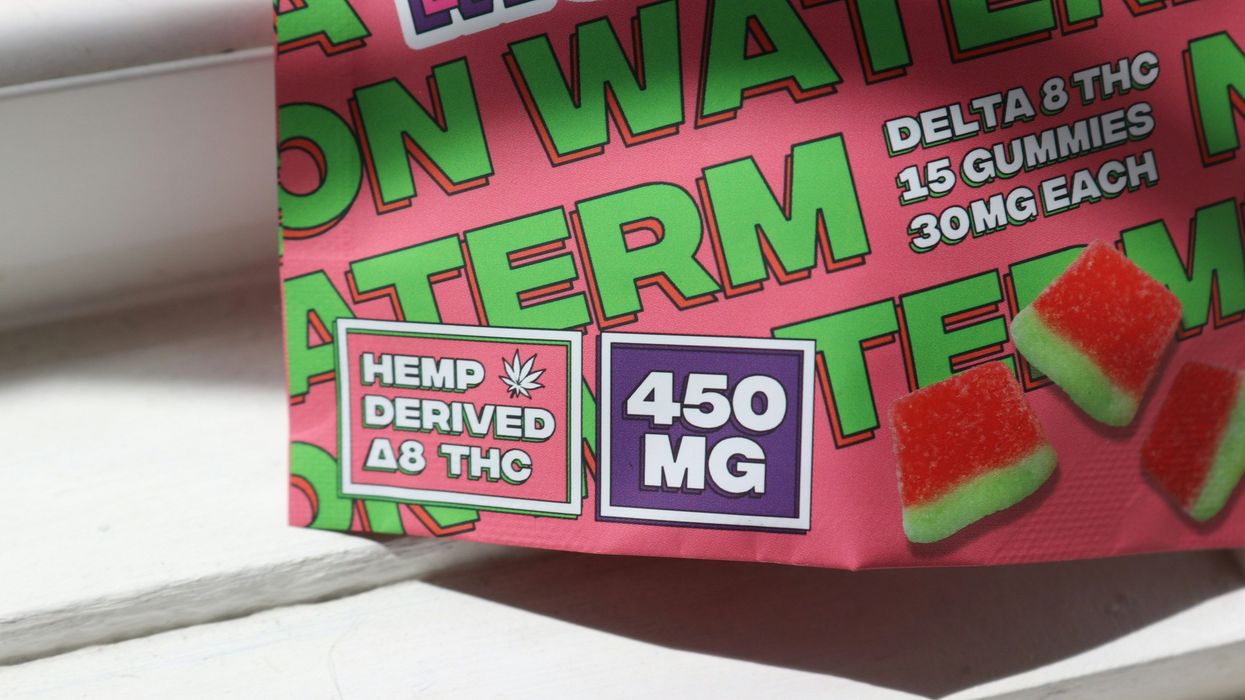










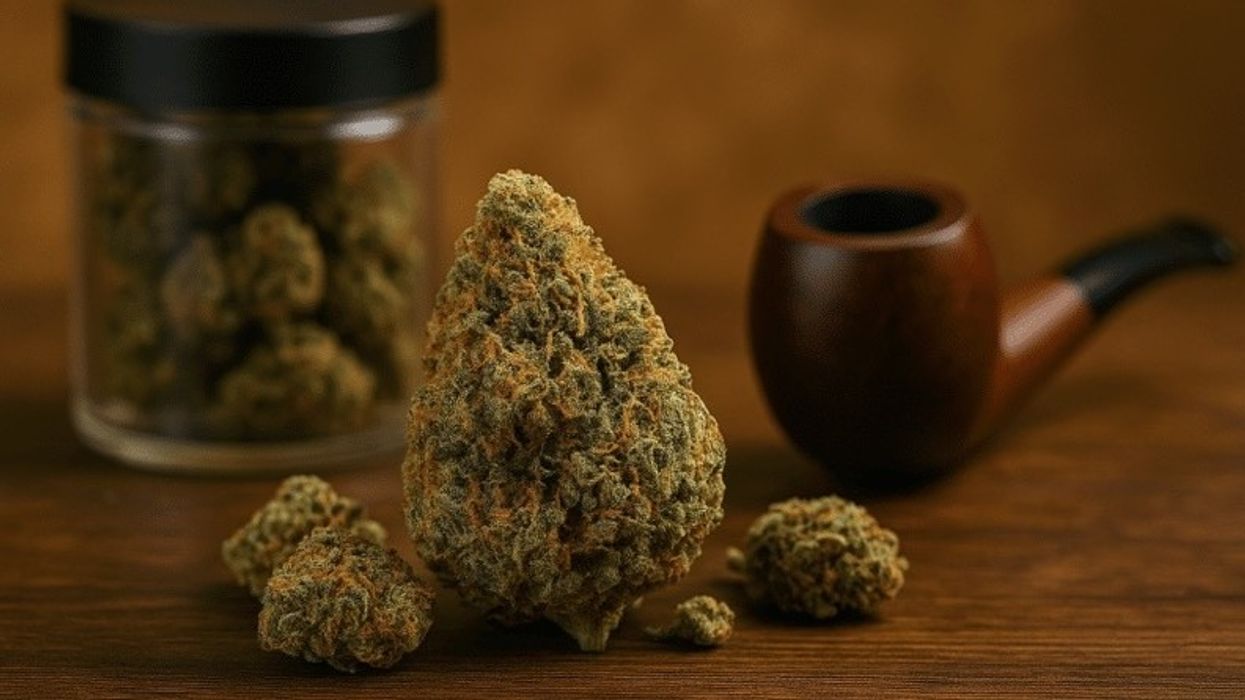
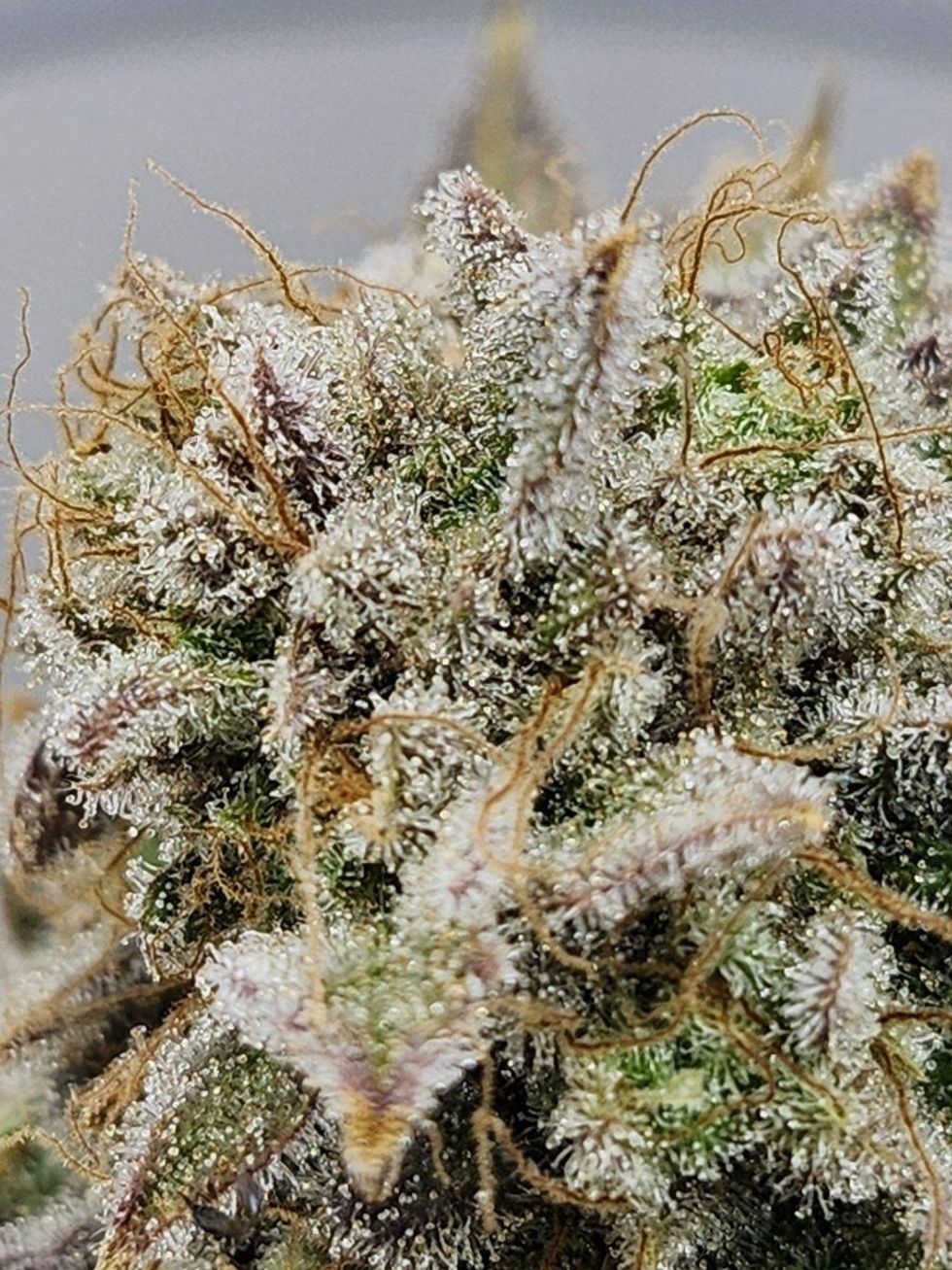 Acapulco Gold Cannabis Strain Review - The Bluntness
Acapulco Gold Cannabis Strain Review - The Bluntness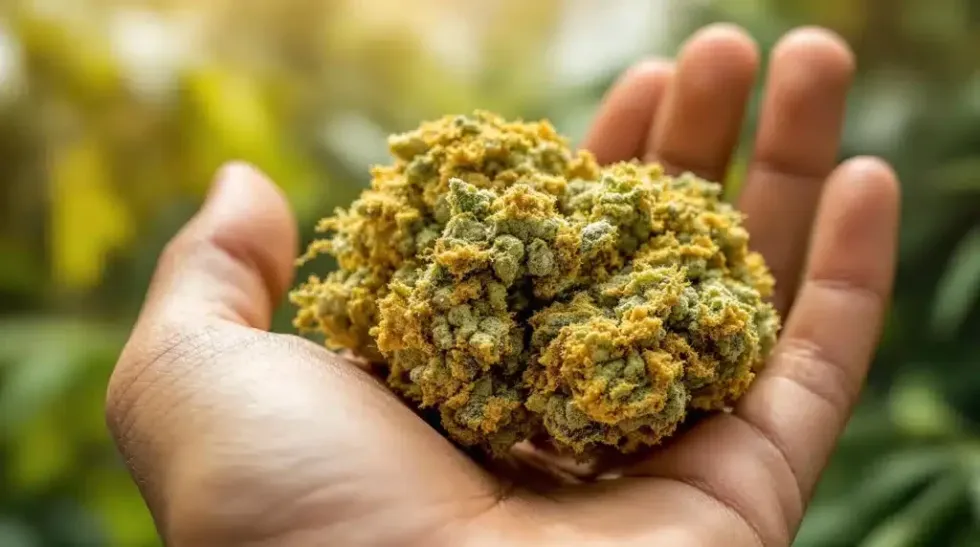 Acapulco Gold Cannabis Strain - The Bluntness Blimburn Seeds
Acapulco Gold Cannabis Strain - The Bluntness Blimburn Seeds
 How to Make a Cannagar Without a Mold: A Comprehensive Guide - The Bluntness
Photo by
How to Make a Cannagar Without a Mold: A Comprehensive Guide - The Bluntness
Photo by 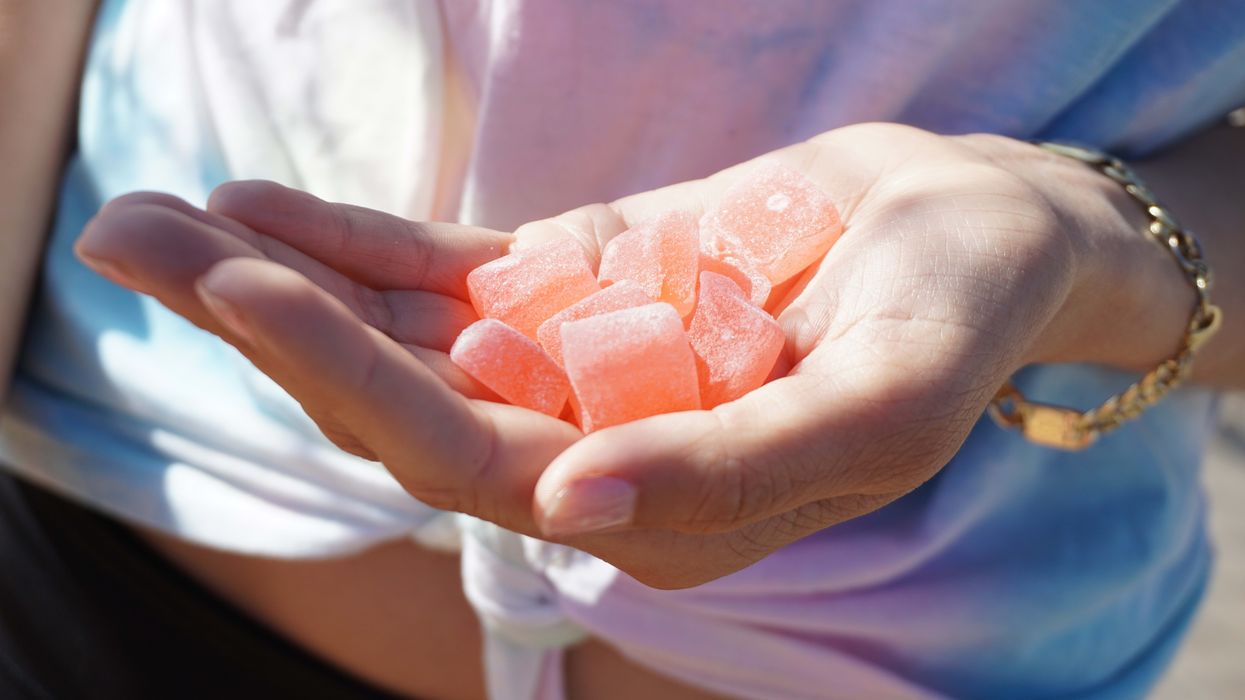
 Ayrloom Orchard Sunrise Cannabis Infused Gummies
Ayrloom Orchard Sunrise Cannabis Infused Gummies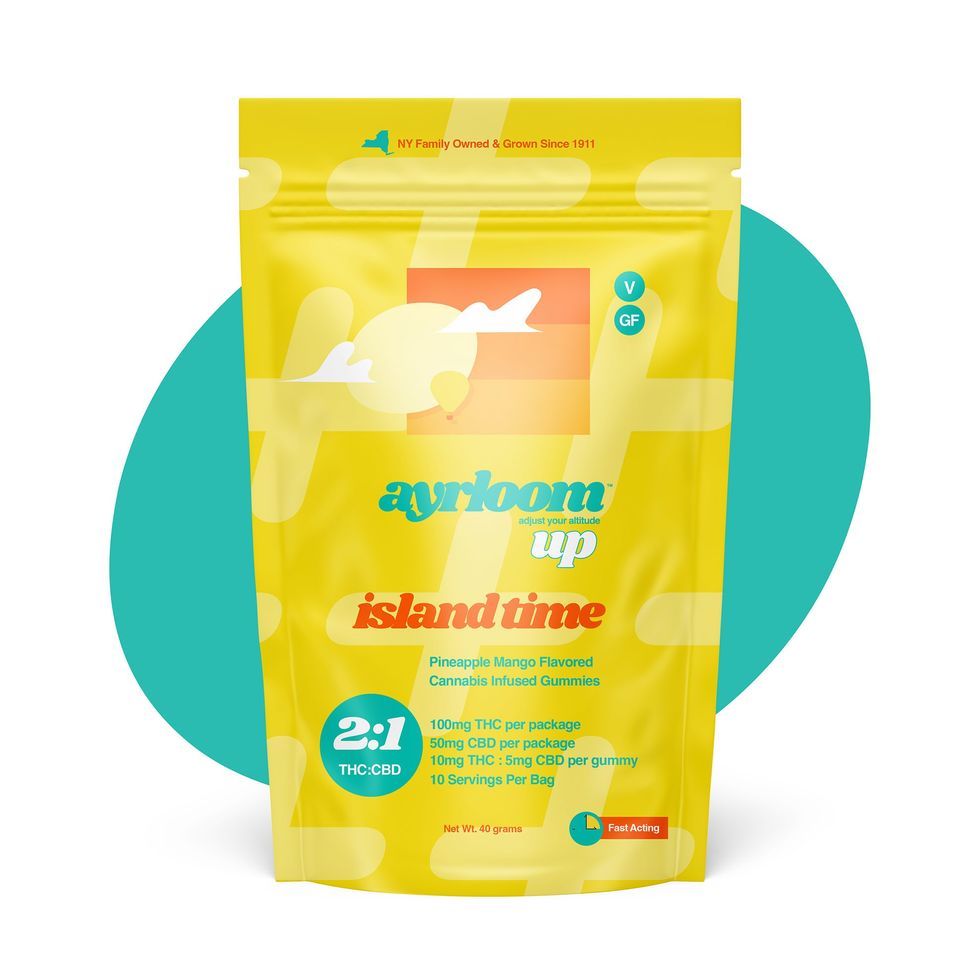 Ayrloom Island Time THC Gummies - Pineapple Mango Flavor
Ayrloom Island Time THC Gummies - Pineapple Mango Flavor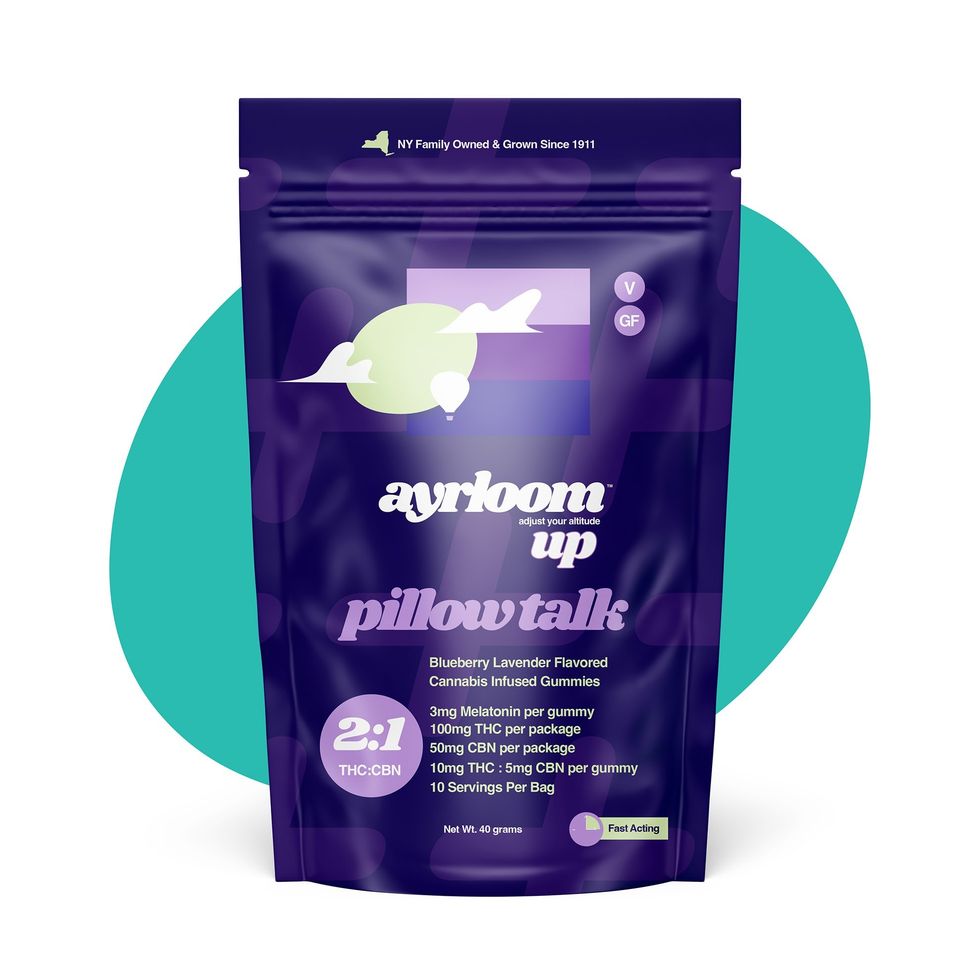 Ayrloom Pillow Talk - Sleep Gummies
Ayrloom Pillow Talk - Sleep Gummies 
 What will you do with that cannabis kief collection? - Make Coffee! The Bluntness
What will you do with that cannabis kief collection? - Make Coffee! The Bluntness DIY: How to Make Kief Coffee - The Bluntness
Photo by
DIY: How to Make Kief Coffee - The Bluntness
Photo by